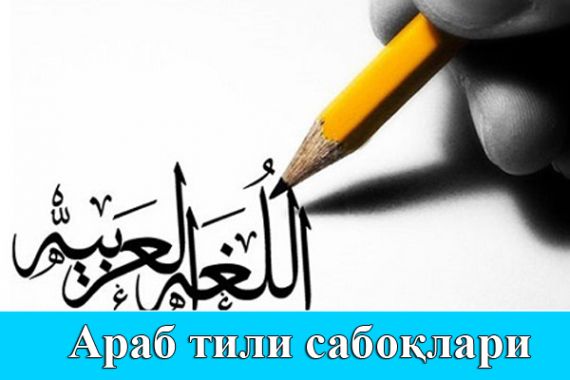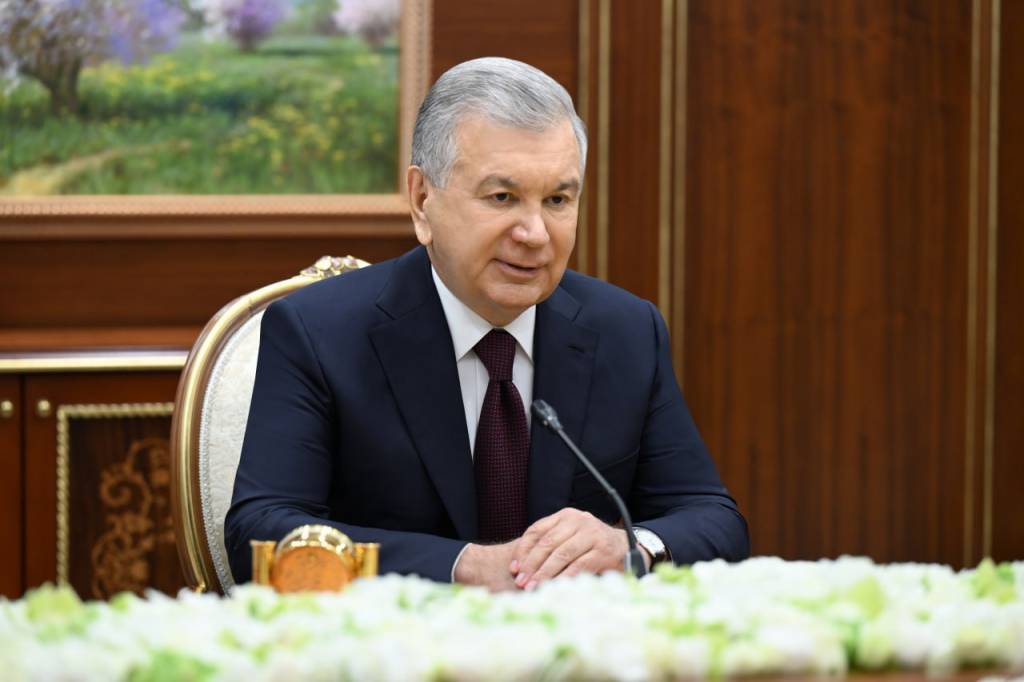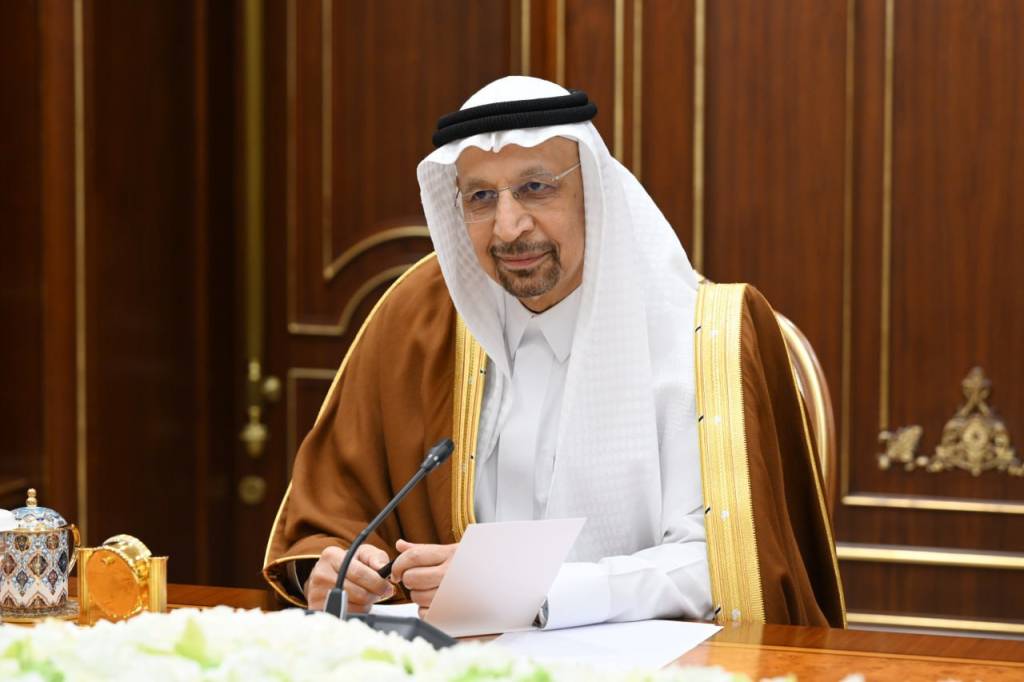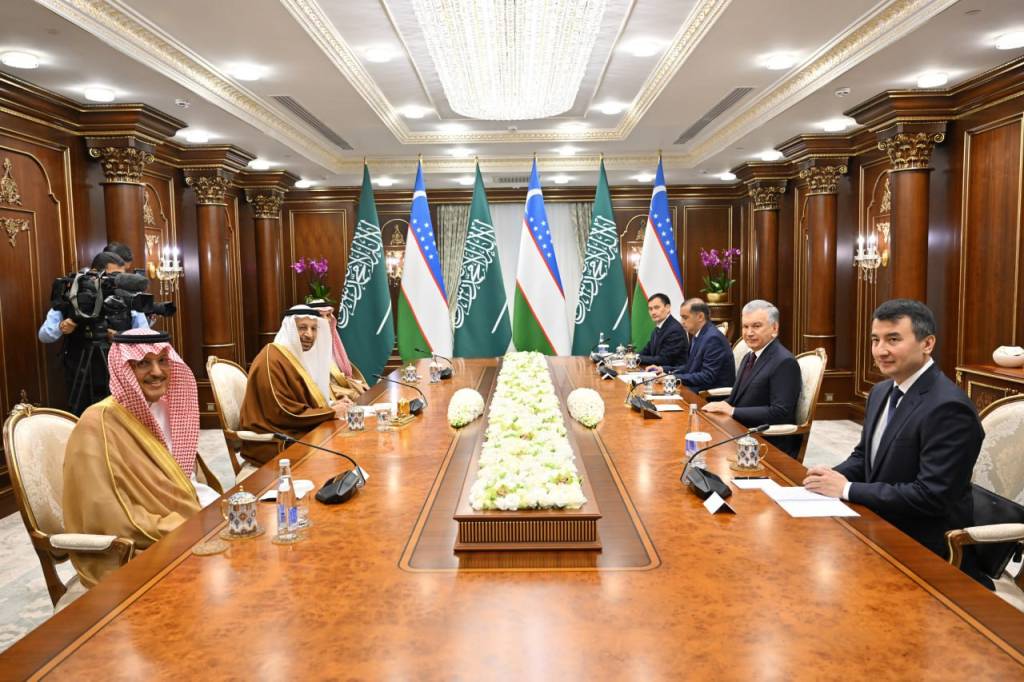Tashkent city



“Islom Nuri” (“The light of Islam”) published by Muslim Board of Uzbekistan has started introducing a special section to teach Arabic under the title “Let’s study Quran” since January 15. Arabic lessons are developed by Ibodulla Akhroro, Deputy Rector of Tashkent Islamic Institute. For those who are interested in learning are advised to subscribe to our newspaper or visit one of the mosques in your locality.
Additionally, official web portal of Muslim Board of Uzbekistan “muslim.uz” is also offering online Arabic lessons once a week. Besides, “Islom Nuri” (“The light of Islam”) newspaper Muslim Board of Uzbekistan is publishing “Hidoyat” (“The right path”) journal as well.
Press Service,
Muslim Board of Uzbekistan

The distinguished guest conveyed warm greetings and best wishes from King Salman bin Abdulaziz Al Saud and Crown Prince and Prime Minister Mohammed bin Salman Al Saud to the President of Uzbekistan.

The talks focused on expanding multifaceted cooperation and strengthening a comprehensive partnership between Uzbekistan and Saudi Arabia, particularly in the practical implementation of high-level agreements.
The dynamic progress of mutually beneficial relations was noted with great satisfaction. Contacts at all levels have intensified, the volume of mutual trade and direct investment has continued to grow, and the number of joint ventures has increased. Air connectivity between the two countries has also been significantly expanded.

The portfolio of joint projects between Uzbekistan and Saudi Arabia has now reached $27 billion. Several large-scale energy projects totaling $15 billion are being implemented in cooperation with ACWA Power.
High appreciation was given to the productive outcomes of the recent meetings of the Intergovernmental Commission and the Business Council, held the previous day in Tashkent, during which new agreements and contracts were signed.

Particular attention was devoted to the timely implementation of projects and initiatives in the fields of green energy, agriculture, electrical engineering, real estate, and regional infrastructure modernization, as well as other priority areas of cooperation.